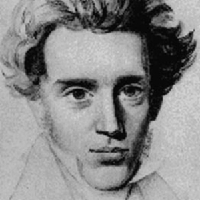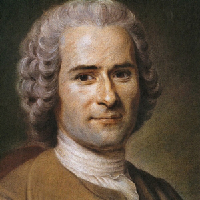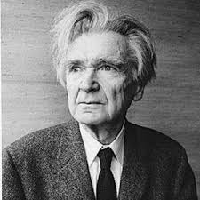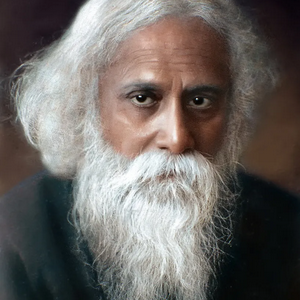Søren Kierkegaard typ osobowości MBTI
Osobowość
"Jaki typ osobowości jest {profilename}? {profilename} jest typem osobowości {mbti} w mbti, {enneagram} - {iv} - {tritype} w enneagram, {big5} w Big 5, {sociionics} in Socionics."
“Marry, and you will regret it; don’t marry, you will also regret it; marry or don’t marry, you will regret it either way. Laugh at the world’s foolishness, you will regret it; weep over it, you will regret that too; laugh at the world’s foolishness or weep over it, you will regret both. Believe a woman, you will regret it; believe her not, you will also regret it… Hang yourself, you will regret it; do not hang yourself, and you will regret that too; hang yourself or don’t hang yourself, you’ll regret it either way; whether you hang yourself or do not hang yourself, you will regret both. This, gentlemen, is the essence of all philosophy.” One of the most representative phrases of Ne I've ever seen.
Biografia
Søren Aabye Kierkegaard (5 May 1813 – 11 November 1855) was a Danish writer, philosopher, Lutheran theologian, and social critic. He is largely considered to be the first existentialist, years before the likes of Friedrich Nietzsche and Jean-Paul Sartre, and has both religious and secular admirers. He wrote a multitude of works on the Christian religion, morality, psychology, and society using irony, metaphors, parables, and pseudonyms. His family was plagued by instability, to the point of believing that his family is cursed. Only two of their seven children, Søren and his brother Peter, would live past age thirty-four. His father was very influential to him, and he inherited his Lutheran Pietism, his intellectual gifts, and even his melancholy. In 1840, he was briefly engaged to Regine Olsen, but he broke off the engagement, partly because he thought being a husband would interfere with his vocation for being a writer and partly because he could not overcome his melancholy.
Osobowość correlate
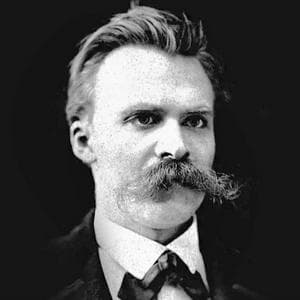
Friedrich Nietzsche

Socrates

Arthur Schopenhauer

Karl Marx

Albert Camus

Immanuel Kant
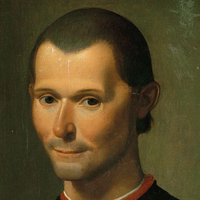
Niccolò Machiavelli
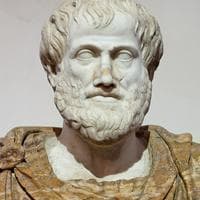
Aristotle
